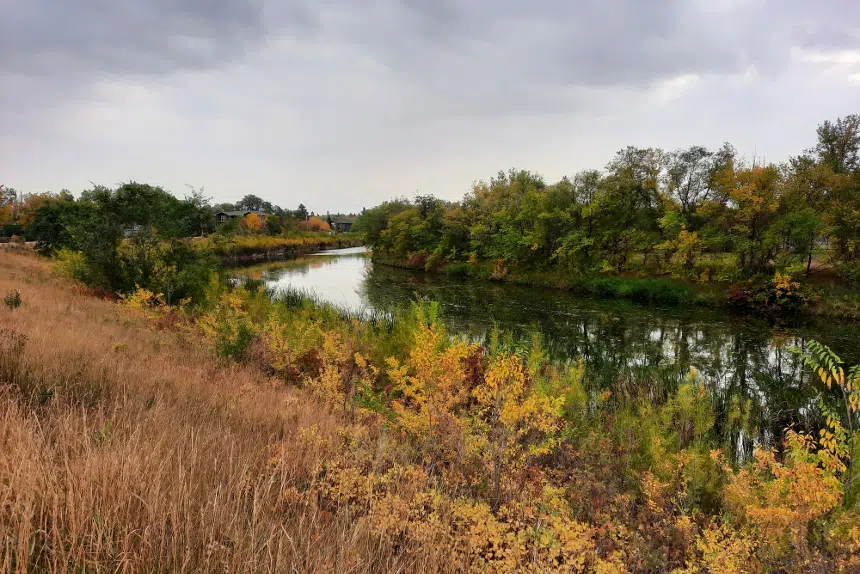Dwayne Meertins arrived in Regina from the Netherlands only a few weeks ago.
For his first Thanksgiving, he plans to have a small dinner with friends, keeping his contacts small.
“These get-togethers and events have been one of the major causes for outbreaks in the Netherlands so I’m not going to repeat the same mistake in Canada,” Meertins said Thursday.
The Saskatchewan government’s advice includes knowing the vaccination status of those gathering. Unlike politics or religion, it won’t be a taboo dinnertime conversation for Meertins, who believes it’s “absolutely acceptable to ask people.”
Earlier this year, he attended a gathering that didn’t require proof of vaccination or any kind of COVID-19 screening.
“Afterwards, somebody turned out to be positive, tested positive for the virus, and I remember being quite upset about the person not having done any tests or having had any vaccination beforehand,” he said.
“As a good guest, you are responsible for the people you’re with.”
After spending last fall apart, Chelsea Dodd and her parents will attend a family dinner. The gathering will only include five people at most and everybody will be fully vaccinated. As a mother, vaccination status influences her social circles.
“I don’t hang out with people that aren’t vaccinated because … my two children can’t get vaccinated. They’re three (years old) and five months so we stay around vaccinated people as much as possible,” Dodd said.
A larger gathering awaits Dustin Tumak, who has family visiting from multiple locations.
“There’s three or four of them that usually come from Winnipeg, there’s two of them that come from B.C., and there’s a bunch from Humboldt, Saskatoon and Regina that all come. So it’s just a bunch of people,” Tumak said. “It’s pretty big.”
The provincial government has not set any limits on the size of gatherings, something the medical community and others have been calling for. There are also fears that the long weekend will be followed by a surge of COVID-19 cases while the health-care system is already overburdened.
Tumak said he is fully vaccinated and his visitors will be as well. He trusts that, along with physical distancing, masking and hand washing will prevent him from getting sick.
“I feel safe but I think it’s more about not worrying about COVID so much. It’s about living life and being productive and being positive. Everybody’s so negative with this COVID going around,” he said.
‘And why do you keep spreading it?’
From his perspective as an outsider, Meertins has a hard time wrapping his head around how the fourth wave could have been allowed to be this severe.
“The entire pandemic was more or less starting to wrap up in the Netherlands because everybody had been vaccinated,” he said.
“I came here and suddenly I have to start wearing masks again. The masking order came in which was kind of annoying because I thought (it was over).”
Vaccine hesitancy and opposition are higher in Prairie provinces compared to elsewhere in the country. Meertins doesn’t understand why.
“I’m just really puzzled why people aren’t just getting the damn vaccinations or just wearing the damn masks. Why are you turning this into such a big deal?” he said.
He doesn’t deny that opposition to vaccines exists in his home country but says people aren’t as “obstinate” as they are here.
“And why do you keep spreading it? Because from what I understand, the situation is pretty bad here,” he said. “And I just don’t understand why people are so willing to let it just completely grow out of control here.”











